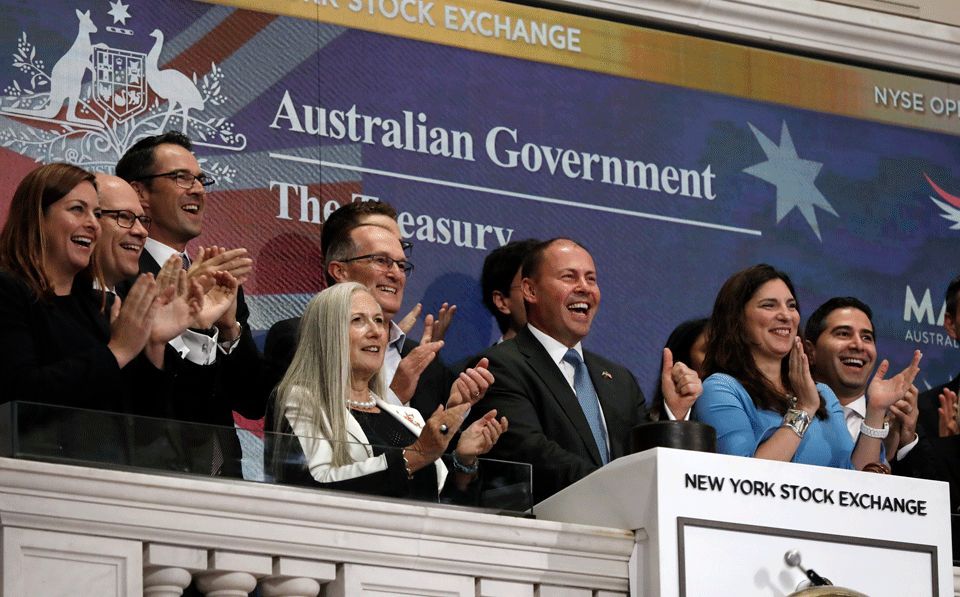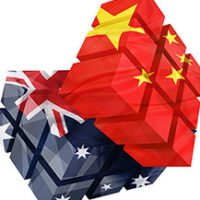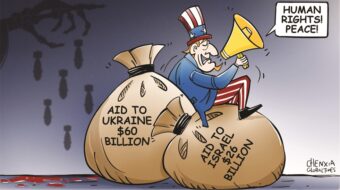
SYDNEY—The ramping up of anti-China sentiment in Australia has contributed to layoffs for many Australians working in international education, an industry which has already been seriously impacted by travel restrictions pertaining to COVID-19. While the reasons made by institutions such as universities continue to center purely around COVID-19, China’s Ministry of Culture and Tourism has warned Chinese students to “fully assess the risks of the pandemic and racial discrimination, and be cautious in travelling to Australia for overseas study.”
In light of the ramping up of racial discrimination towards people in Australia of Asian ethnicity, the Asian Australian Alliance (AAA) recently released a report focusing on COVID-19-related racism in Australia since the beginning of April. This report revealed a shocking almost 380 complaints in just two months, 30% higher per capita than reports coming out of the U.S.
Assaults include, but are not limited to, a Hong Kong man being punched in the face simply for wearing a mask, two Chinese women being gang attacked, and Asian business owners having their shop fronts vandalized with racist slogans and graffiti. Participants in the AAA report also revealed occurrences of racial slurs on sidewalks, supermarkets, public transport, and most frequently on social media such as Facebook. At the University of Queensland, an Australian anti-Chinese government campaigner put a sign on the wall of the Confucius Institute stating that it was a COVID-19 “biohazard.” He has since been suspended.
However, this racist behavior is not limited to the Australian public. Fervent anti-Chinese author Clive Hamilton has spoken at universities across the country, spouting unwarranted fears about how Chinese influence was taking away Australian sovereignty. Also of note, journalist Stan Grant, was given full authority on the Australian Broadcasting Corporation’s Q&A television program to rant about the Chinese government’s lack of “checks and balances” despite China being one of the fastest developing nations in the world. Vicky Xu, a Chinese national who works for a think tank funded by the Australian Department of Defence, was given special coverage on ABC’s Australian Story in which she performed a cringe-worthy comedy routine insulting Chinese people and cried crocodile tears for being banned from returning to her home country after reporting falsely on claims of Muslim oppression in China.
All of these mouthpieces for anti-China sentiment have nothing to say on the influence of U.S.-owned companies in Australia, or the American lobby, AUSMIN, which works closely to maintain U.S. soft power influence in Australia. They also have nothing to say when it comes to the history of anti-Asian racism in Australia, from Chinese Exclusions Acts to the White Australia Policy, or how Australia’s history as a British colony with “yellow peril” sentiment would influence the Australian public to blindly trust these antagonists without further investigation. Most disappointingly, there seems to be little comparison made when some Australian “leftists” maintain a supportive stance towards First Nations or Muslim minorities, but flatout deny the embarrassing history of Chinese treatment in Australia, and more often than not, support the agenda of the U.S. empire in its efforts to contain China and maintain global hegemony.
Queensland University of Technology International College recently announced that it is likely that no casual (adjunct) teachers would be required until October when the season is typically busier. If Chinese governmental departments continue to warn Chinese students against travel to Australia due to safety concerns over rising assaults, this could be an unlikely case. A great majority of these casual staff members have worked in the university for a long period, but have not been offered full-time or part-time positions, and have lost work with no warning or severance, another issue in this already precarious industry.
The erroneous view of China as the bogeyman negatively influencing Australian politics and culture takes the focus off the real threat to working-class Australians. As the U.S. steps in to replace Australia as the world’s main exporter of coal, beef, and barley, many Australian workers in these industries will likely also experience redundancy and unemployment. To make matters worse, policies have been put in place in Australia to restrict the Chinese-owned co-op Huawei from participating in 5G network upgrades, in place of U.S.-owned companies—one example which gives Australians less access to new and developing technologies, as China continues to make technological strides. Among the top 20 companies on the Australian Stock Exchange, 15 (three in four) are majority-owned by U.S. investors. Some of these familiar companies include the Commonwealth Bank (once a publicly-owned Australian asset), Westpac, NAB, BHP, Rio Tinto, and Woolworths. This means that these companies have little interest in supporting the Australian bourgeoisie, let alone workers, given their shareholders predominantly reside in the U.S.
Maybe Australians should start focusing their energy on the real bogeyman—the U.S. influence—and seriously think about where their demonizing of China or China’s government really comes from. Even criticizing China’s government should be carefully examined, as their government has one of the highest rates of support in the world by their own people. It is concerning that Australians believe they should make the call about the Chinese government, without any experience of the country, without knowing the people, and without any consideration for the strides in development it has achieved in the past fifty years, with over 800 million being brought out of poverty, and on track to completely eradicate it by the end of this year. Dismissing the Chinese people’s support of their own government takes away their agency to choose what’s right for them, in place of moralistic judgments from people living in the imperialist core, who need to focus on their own government’s attacks on other countries and their own worsening living conditions. It’s time to give up the white savior complex—it’s not a good look.












Comments